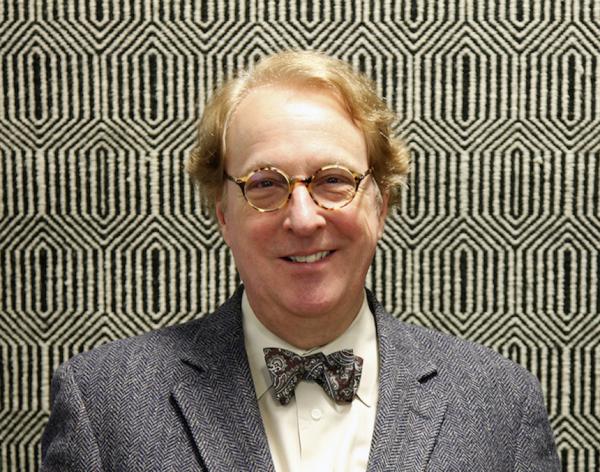William Craig Rice, Farewell


William Craig Rice, director of the Division of Education Programs at the National Endowment for the Humanities, died of a heart attack on June 20 while traveling for an NEH site visit in Philadelphia. Before joining NEH in 2007, Rice served as the president of Shimer College in Chicago. A lover of bow ties and the written word, Rice published poetry, taught composition at Harvard, and was the author of Public Discourse and Academic Inquiry.
With his naturally booming voice, easy laugh, and enthusiasm for new subjects, Rice was an educator by profession and temperament. He studied English as an undergraduate at the University of Virginia. He earned his PhD at the University of Michigan, studying rhetoric and intellectual history, and also earned an MFA there. He went on to hold positions at institutions ranging from Johns Hopkins University to the American Academy for Liberal Education in Washington D.C. At Harvard he taught expository writing, receiving several awards and commendations for excellence as an instructor. Throughout his life and career, the art and discipline of writing remained a touchstone.
At NEH, Rice led a staff of a dozen and championed the creation of the Enduring Questions program, which made small grants to help organize new courses around perennial issues and classic texts in the humanities. He was an ardent supporter of reaching new applicants for NEH grants related to veterans and the military. More recently he had worked to effect changes in NEH’s education grant programs to support humanities projects at community colleges, historically black colleges and universities, tribal colleges and universities, and Hispanic-serving institutions.
NEH Chairman William D. Adams described Rice as “deeply committed to NEH’s values of scholarship, inquiry, discovery, and support for the next generation of learners. He believed fervently in the power of the humanities and in the capacity and responsibility of NEH to strengthen humanities teaching and learning.”
A humanist in the broadest sense, Rice was drawn to underdog pursuits. At Shimer he gave himself over to the challenges of leading a small college devoted to a curriculum based on Great Books and seminar-style classroom work. As a writer, he made poetry his forte. He contributed verse to a variety of publications from National Review to the New Criterion and the Sewanee Review. In 2007, he described himself as “more an intellectual than an academician.”
Life off campus was also attractive to him. In Charlottesville, after he received his bachelor’s degree, Rice apprenticed himself as an auto mechanic and worked on Alfa Romeo cars. He became the weekend manager of an antique shop. Years later, he spent a summer working as a park warden in the Adirondacks. “Hiking companions,” wrote his friend Gleaves Whitney, director of Grand Valley State University's Hauenstein Center for Presidential Studies, “were amazed at his vision when it came to identifying wildflowers and birds out of his encyclopedic memory.”
Born on May 4, 1955, in Washington, D.C., he was the grandson of John Andrew Rice, founder of Black Mountain College and author of the memoir I Came Out of the Eighteenth Century, a book published in 1942 that had been suppressed by its publisher after threats of legal action by one of its subjects. In 2014, after many years of effort, Rice succeeded at bringing his grandfather’s book back into circulation in a new edition published by the University of South Carolina Press.
He is survived by his mother Ann Craig Rice, his brother John, his sister Frances, his former wife Carolina Reyes and his daughter Annabelle Rice.